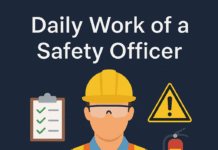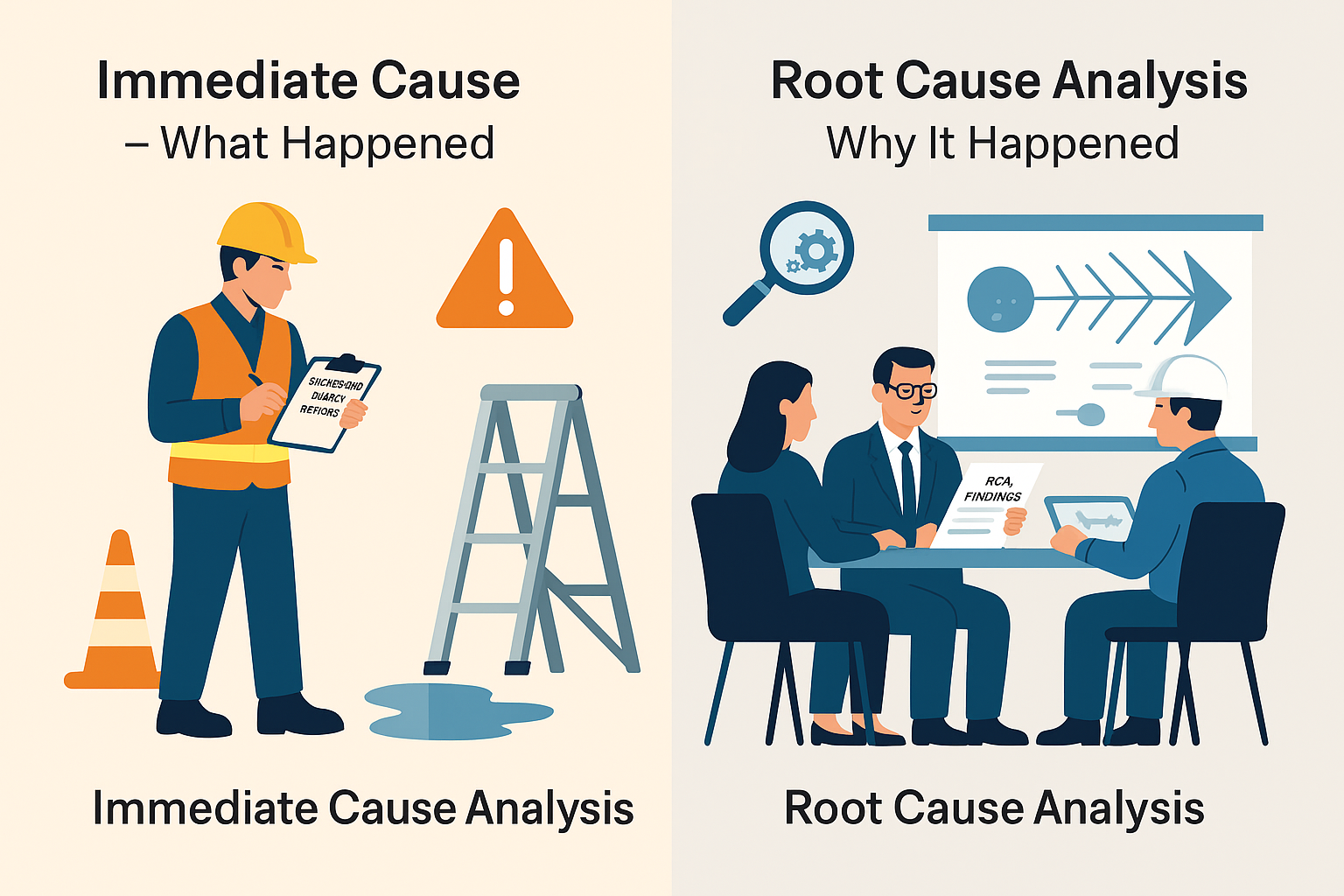
Introduction
How to Become a Safety Engineer : Safety is a paramount concern in any industry, and safety engineers play a crucial role in ensuring the well-being of workers and the public. They are responsible for identifying and mitigating potential hazards, designing safety protocols, and implementing measures to prevent accidents and injuries. Becoming a safety engineer requires a unique set of skills, specialized education, and a passion for safeguarding others. In this article, we will explore the path to becoming a safety engineer and the rewarding career opportunities this field offers.
How to Become a Safety Engineer
What is a Safety Engineer?
A safety engineer is a professional who specializes in creating and implementing safety procedures, policies, and systems within various industries. Their primary objective is to minimize the risk of accidents, injuries, and occupational hazards. Safety engineers work to identify potential safety issues, analyze data, and design effective strategies to ensure a secure work environment for employees and the public.
Key Responsibilities of a Safety Engineer
Safety engineers have diverse responsibilities that revolve around the protection of people, property, and the environment. Some of their key tasks include:
1. Conducting Safety Inspections
2. Identifying Hazards and Risks
3. Developing Safety Protocols and Procedures
4. Training Employees on Safety Measures
5. Investigating Accidents and Incidents
6. Ensuring Compliance with Safety Standards
7. Collaborating with Management and Staff
8. Implementing Safety Improvement Plans
9. Staying Updated on Industry Regulations
Educational and Professional Requirements
To become a safety engineer, a strong educational background is essential. Most safety engineers hold at least a bachelor’s degree in engineering, occupational health, industrial hygiene, or a related field. Some common degrees pursued by safety engineers include:
1. Bachelor’s in Safety Engineering
2. Bachelor’s in Industrial Engineering
3. Bachelor’s in Environmental Engineering
4. Bachelor’s in Occupational Health and Safety
In addition to formal education, acquiring certifications from recognized organizations can enhance a safety engineer’s credibility and job prospects. Certifications like Certified Safety Professional (CSP) and Occupational Health and Safety Technologist (OHST) are highly valued in the industry.
Acquiring Relevant Skills and Certifications
Safety engineers must possess a diverse skill set to excel in their roles. Some essential skills include:
1. Analytical and Problem-Solving Skills
2. Attention to Detail
3. Communication and Interpersonal Skills
4. Knowledge of Safety Regulations and Standards
5. Technical Proficiency in Safety Equipment and Software
6. Leadership and Decision-Making Abilities
Gaining practical experience through internships or entry-level positions can also be valuable for aspiring safety engineers.
The Importance of Safety Engineering
Safety engineering is vital for several reasons:
1. Protection of Workers: Safety engineers safeguard the well-being of employees, reducing workplace injuries and illnesses.
2. Legal Compliance: Adhering to safety regulations helps companies avoid legal issues and penalties.
3. Reputation Management: Strong safety practices enhance a company’s reputation among employees and customers.
4. Cost Savings: Preventing accidents and incidents can lead to significant cost savings for businesses.
Industries That Employ Safety Engineers
Safety engineers find opportunities in various industries, including:
1. Manufacturing
2. Construction
3. Oil and Gas
4. Transportation
5. Healthcare
6. Aerospace
7. Government and Public Sector
Challenges Faced by Safety Engineers
Safety engineers encounter several challenges in their roles:
1. Balancing Productivity and Safety
2. Adapting to Technological Advancements
3. Ensuring Employee Compliance with Safety Protocols
4. Managing Safety During Emergencies
5. Addressing Cultural and Behavioral Factors
Advancement Opportunities in Safety Engineering
Safety engineering offers diverse career paths and opportunities for growth. Some avenues for advancement include:
1. Senior Safety Engineer
2. Safety Manager
3. Safety Consultant
4. Environmental Health and Safety (EHS) Director
5. Occupational Health Specialist
Salary and Compensation
The salary of a safety engineer can vary based on factors such as experience, education, industry, and location. On average, safety engineers earn a competitive income, and experienced professionals often command higher salaries.
Tips for Aspiring Safety Engineers
1. Focus on Education and Certifications
2. Gain Practical Experience
3. Develop Soft Skills
4. Stay Informed About Industry Trends
5. Network with Professionals in the Field
The Future of Safety Engineering
Safety engineering will continue to evolve as technology and industries advance. With a growing emphasis on worker safety and environmental protection, the demand for skilled safety engineers is expected to remain strong.
Conclusion
Safety engineers play a pivotal role in creating secure work environments and preventing accidents and injuries. Their dedication to safeguarding others makes them integral to various industries. If you have a passion for safety, a strong educational background, and a commitment to continuous learning, a career as a safety engineer could be both fulfilling and rewarding.
Safety Officer Work in Company
Safety Officer in Merchant Navy
Construction Safety Officer Course
Safety Management Course Details
FAQ
Q1: How long does it take to become a safety engineer?
The timeline to become a safety engineer can vary. It typically requires a bachelor’s degree, which takes about four years, and additional time to gain experience and certifications.
Q2: Are there specialized safety engineering fields?
Yes, safety engineering is a broad field with various specializations, including industrial safety, construction safety, and environmental safety.
Q3: What is the job outlook for safety engineers?
The job outlook for safety engineers is positive, with a projected growth rate higher than the average for all occupations.
Q4: Can safety engineers work internationally?
Yes, safety engineers may find opportunities to work internationally, especially in multinational corporations and industries with a global presence.
Q5: How can I advance my career as a safety engineer?
To advance your career as a safety engineer, consider gaining experience in different industries, pursuing advanced degrees, and obtaining relevant certifications.
























